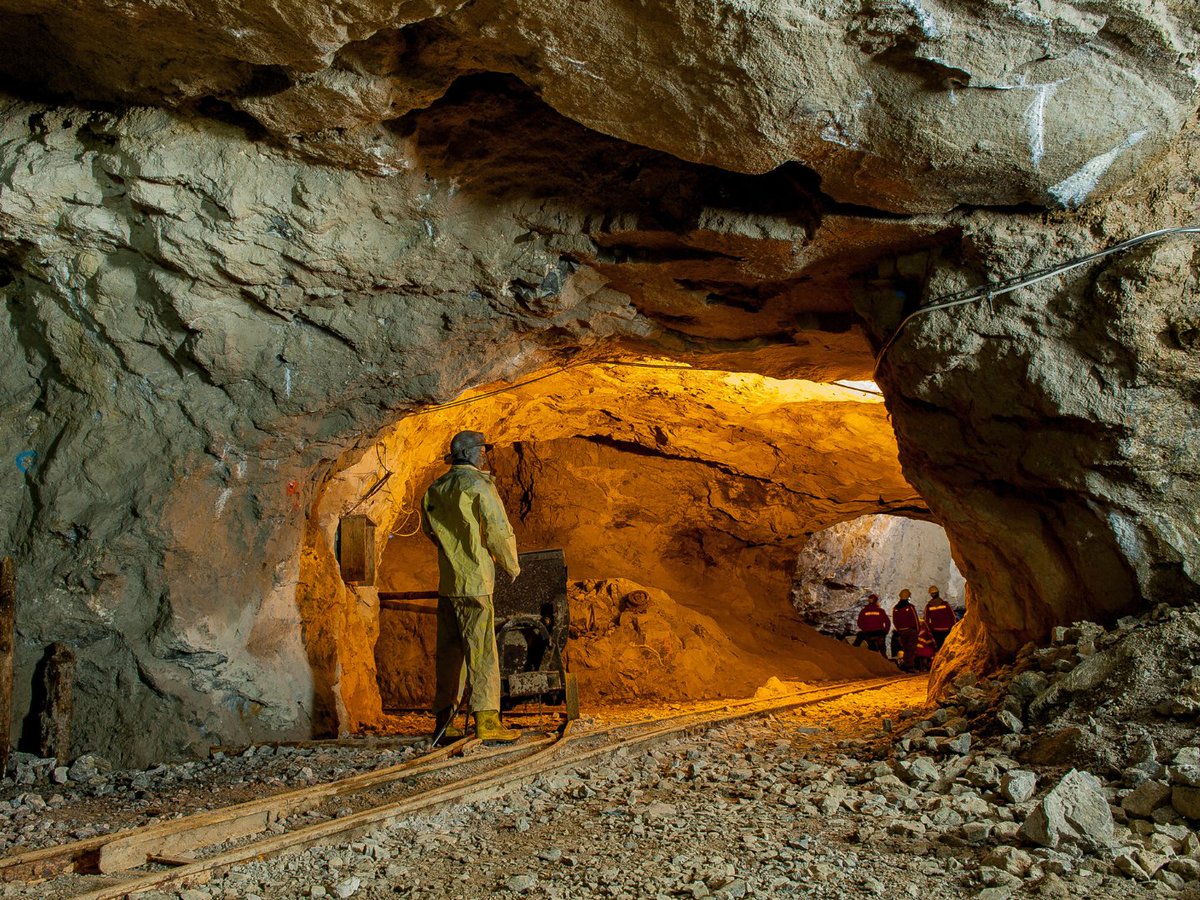
Laboratories should reserve the term “grading report” for natural diamonds rather than lab-grown stones, the World Jewellery Confederation (CIBJO) has urged.
Lab-grown diamonds lack the rarity that underpins the concept of grading, CIBJO argued Tuesday. Instead, documents providing details of synthetics should be called “Laboratory-Grown Diamond Product Specifications,” the organization says in a new set of guidelines it released to the trade this week.
The standard grading report implies “a degree of rarity of the product,” a CIBJO spokesperson told Rapaport News. “But on the other hand, the consumer has a right to know what the components of the product are. The important element is that the term ‘grading’ is taken out.”
CIBJO’s board has made its new Laboratory-Grown Diamond Guidance available for review by affiliated companies and national associations, the organization said. The consultation phase is the final stage in a two-year process to create harmonized standards for man-made stones.
The rule book, which is not binding, also calls for laboratories to include extra information such as the name of the manufacturer, the country and method of manufacture (chemical vapor deposition or High Pressure-High Temperature), and information about post-growth treatments. It also recommends that the letters “LG” precede the color and clarity grades on the report to indicate the stones are lab-grown.
The guidelines deal with how to describe lab-grown diamonds and display them at events such as trade shows. They also provide recommendations on how companies should disclose the origin of the stones on invoices and consignment documents, and discuss synthetics detection technology.
“A key principle of the Laboratory-Grown Diamond Guidance is that, to ensure confidence, consumers must receive complete and unambiguous information about what they are buying, so that they can make consciously informed purchasing decisions,” CIBJO explained.
CIBJO’s Blue Book, a separate document on grading standards and terminology, notably kept “natural” in its definition of diamonds even after the US Federal Trade Commission dropped the word in 2018.
Source: DCLA

